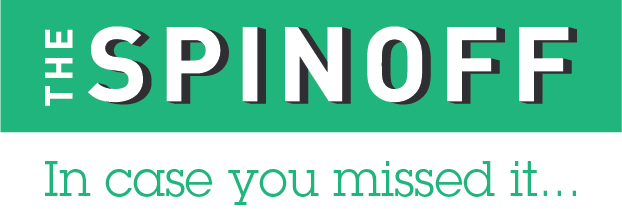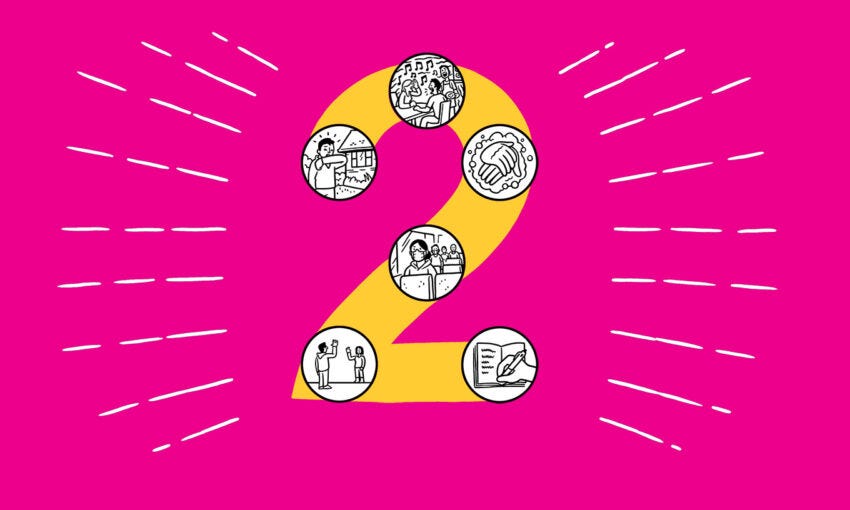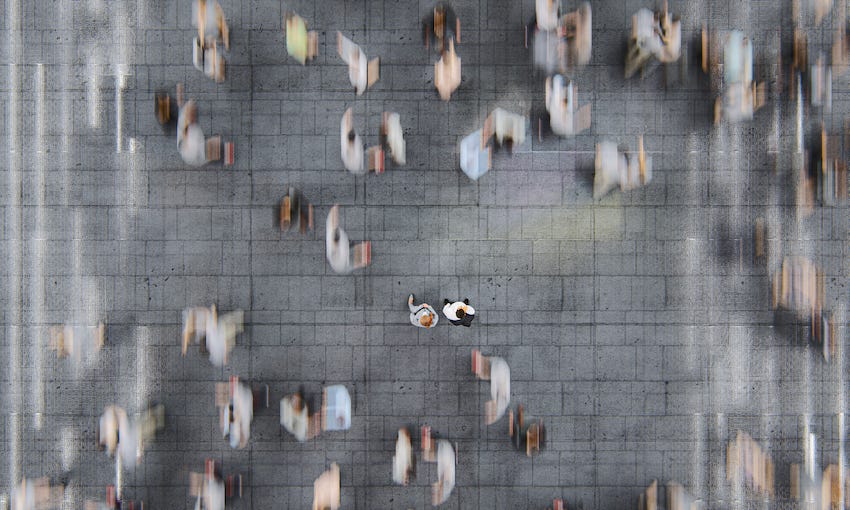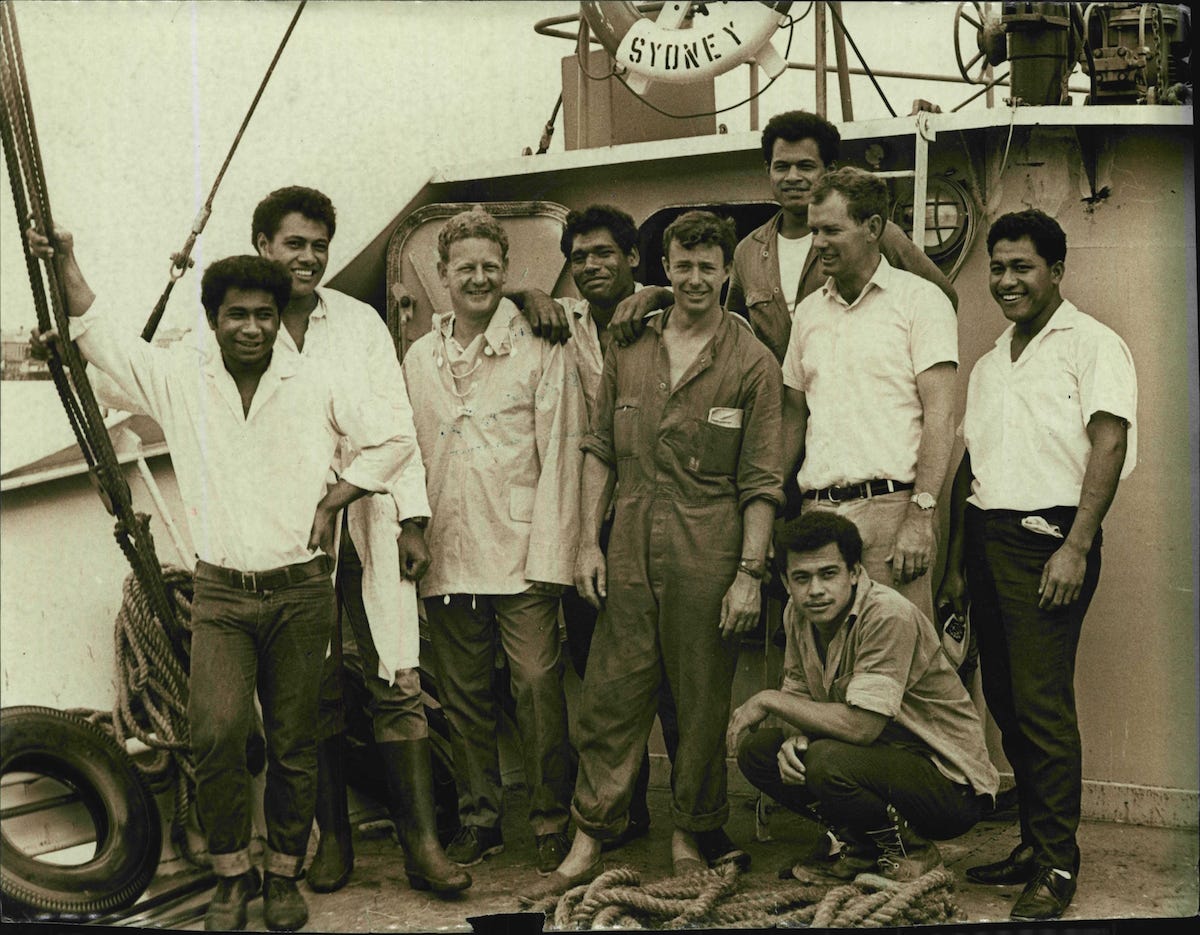

The epic story of NZ’s communications-led fight against Covid-19. Jacinda Ardern, Ashley Bloomfield and thousands of anonymous comms workers have accomplished what we all thought was impossible just weeks ago – a successful public health campaign to stop the spread of Covid-19. Duncan Greive looks back at the historic lockdown, how it was achieved, and discovers a masterclass in mass communication – and control.
Budget 2020: The great Spinoff hot-take roundtable. With the government pledging $50 billion to help New Zealand recover from the effects of Covid-19, this year’s budget has been heralded as possibly the most momentous in a generation. So what do the experts think? We asked business people, political commentators, academics, lobby groups, environmentalists and a whole lot more to share their takes. And for more of our coverage of this year’s budget (including what it means for some of our most important sectors like tourism and hospitality) click here.

Simple rules to play it safe at alert level two. Can I shake hands and hug again? Is it safe to go to church? Why should I avoid noisy places? And how many hidden transmission chains might still be lurking? Dr Siouxsie Wiles, with help from illustrator Toby Morris, answers all these questions and more on the risks we face at alert level two. And if you’re still left unsure, check out our guide answering 60 frequently asked questions on what you are and aren’t allowed to do.
“The Spinoff focuses on quality journalism – not just the topic of the day, but societal issues and contextual analysis of media.”
- Cathryn Bridges, Spinoff Member.

A few metres from normality: On anxiety and alert level two. They’re calling level two a return to normality, but for many of us that’s not really true. Sam Brooks, for one, is anxious as hell about the prospect of a world that’s more open, and more dangerous. “I love going out to bars and restaurants with my friends – I truly miss the beautiful taste of a drink that arrives after the swipe of a debit card, rather than my own laboured heaving of a cork out of a bottle. But I’m not sure how easy it’s going to be to return to that simple pleasure when I’m worried if this surface has been properly cleaned, or if that person nearby has been around someone who hasn’t been careful.”
The tourism crisis as seen from Clyde, the tiny town in the Central Otago mountains. After moving back home to Clyde in Central Otago for the Covid-19 lockdown, George Driver wonders how the tiny town on the edge of Queenstown’s tourism boom and bust will survive. “[Clyde] had become the Matakana of the South. It had become gentrified… But two months ago, after returning from overseas, I rushed back to Clyde for the lockdown and watched as the fate of the region transformed. The major tourism businesses of Central Otago began to shed staff in the hundreds. Queenstown airport, the gateway to the region, closed. Concern about over-tourism flipped to fear for survival.”

The real Tongan boys of ‘Ata were not the real Lord of the Flies. Last week, an excerpt was published on The Guardian from the book Humankind by Dutch historian Rutger Bregman, who claimed to have discovered the “real Lord of the Flies”. The story of six Tongan teenagers who were shipwrecked for 15 months, and the man who rescued them, has been shared far and wide as proof that in the same situation, young boys might in fact be kind and collaborative instead. The problem is, writes Meleika Gesa, this retelling erased the voices of the boys themselves and the Tongan values and knowledge systems that prepared them for survival.
You can teach your children without knowing the answers to their homework. “My attempts at homeschool reminded me about being gracious in failure and realistic with your own abilities,” writes Tamsyn Parker, who discovers a new importance in being kind. “This is especially important to me, raising a child with unyieldingly high expectations of herself. If I can’t try, fail and bounce back, I won’t know how to help her understand she’s capable of the same thing.”




